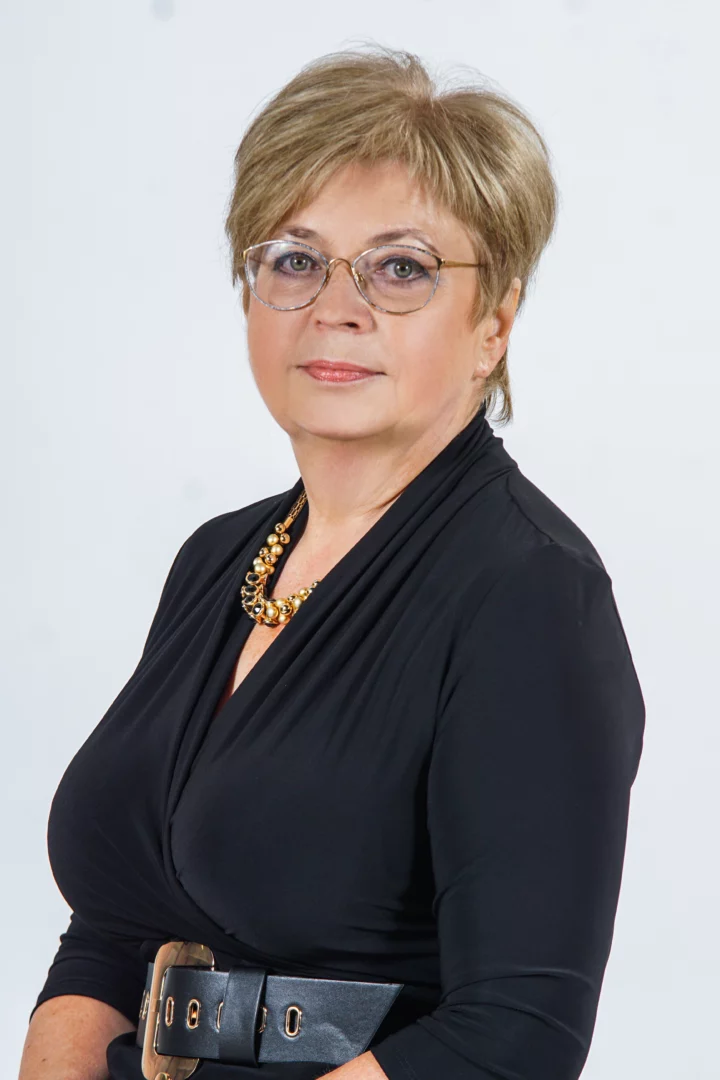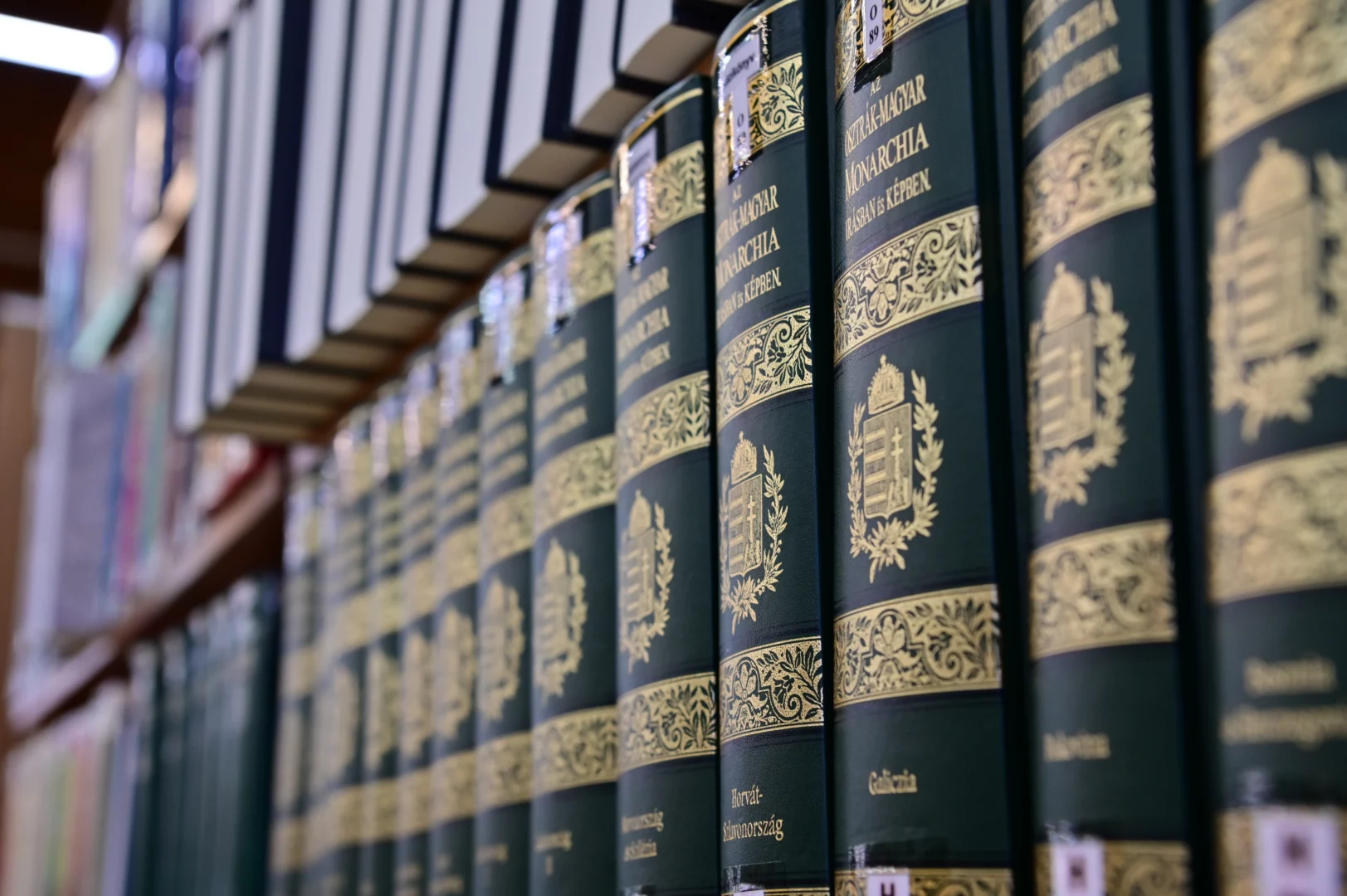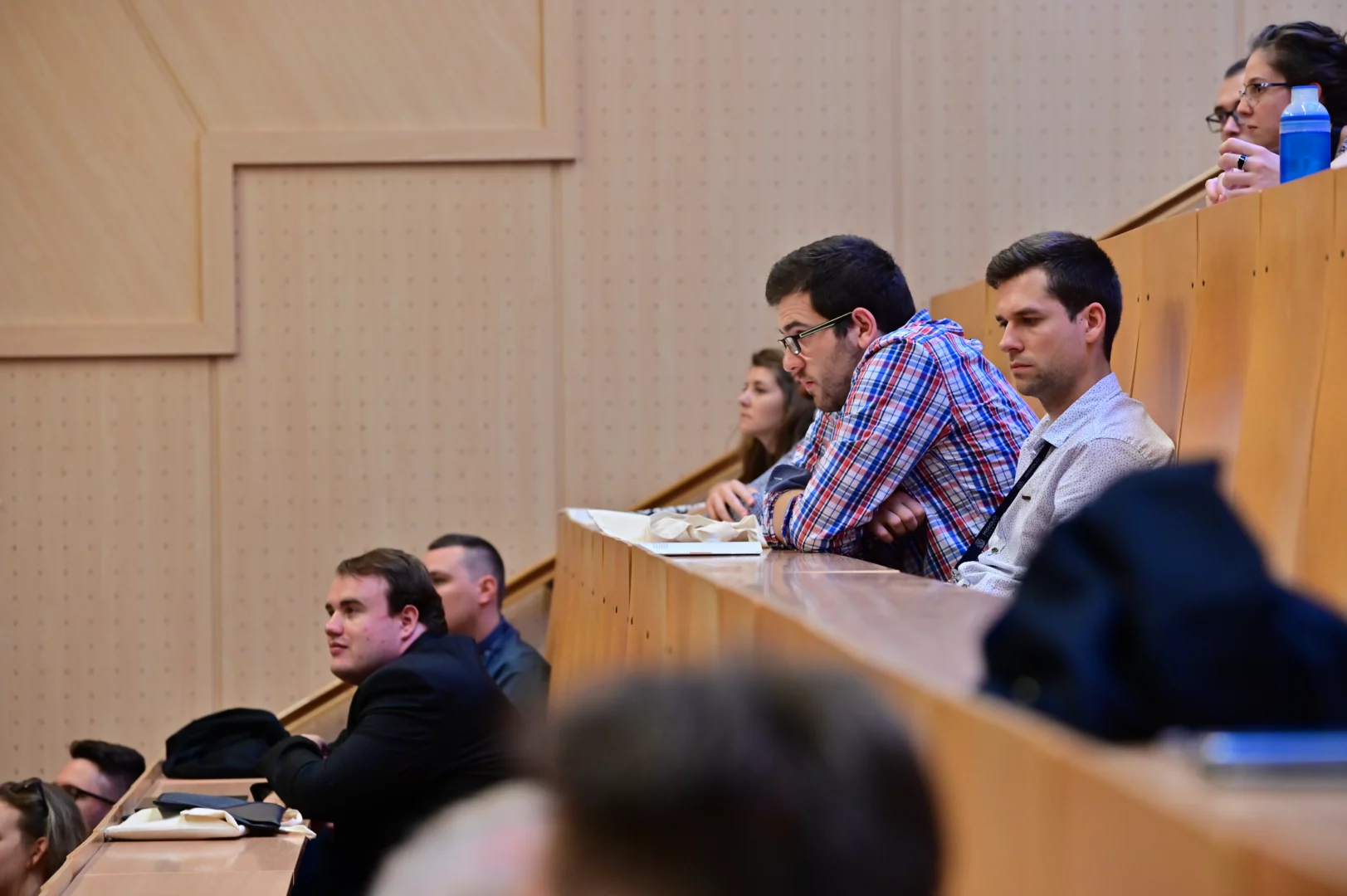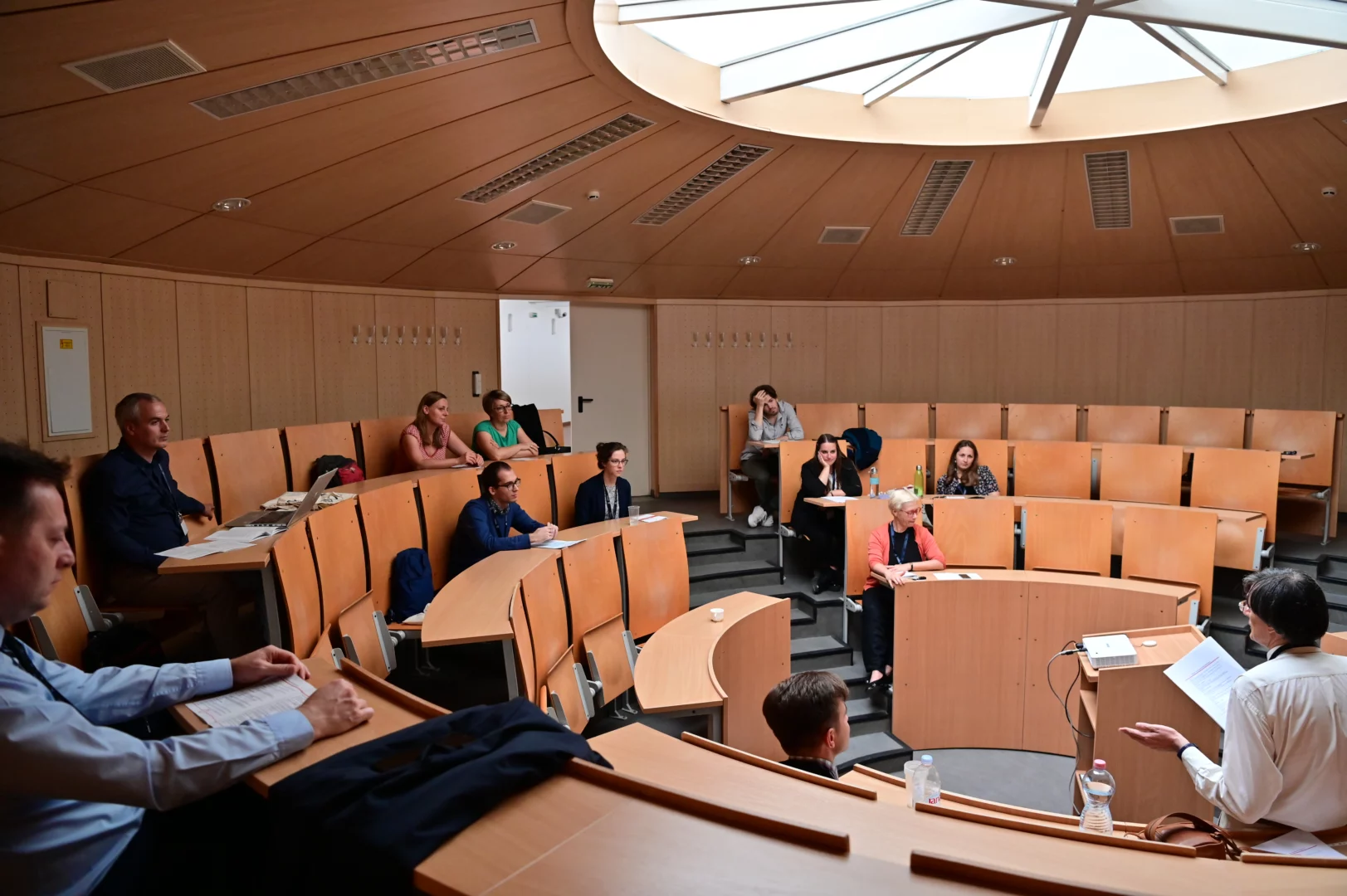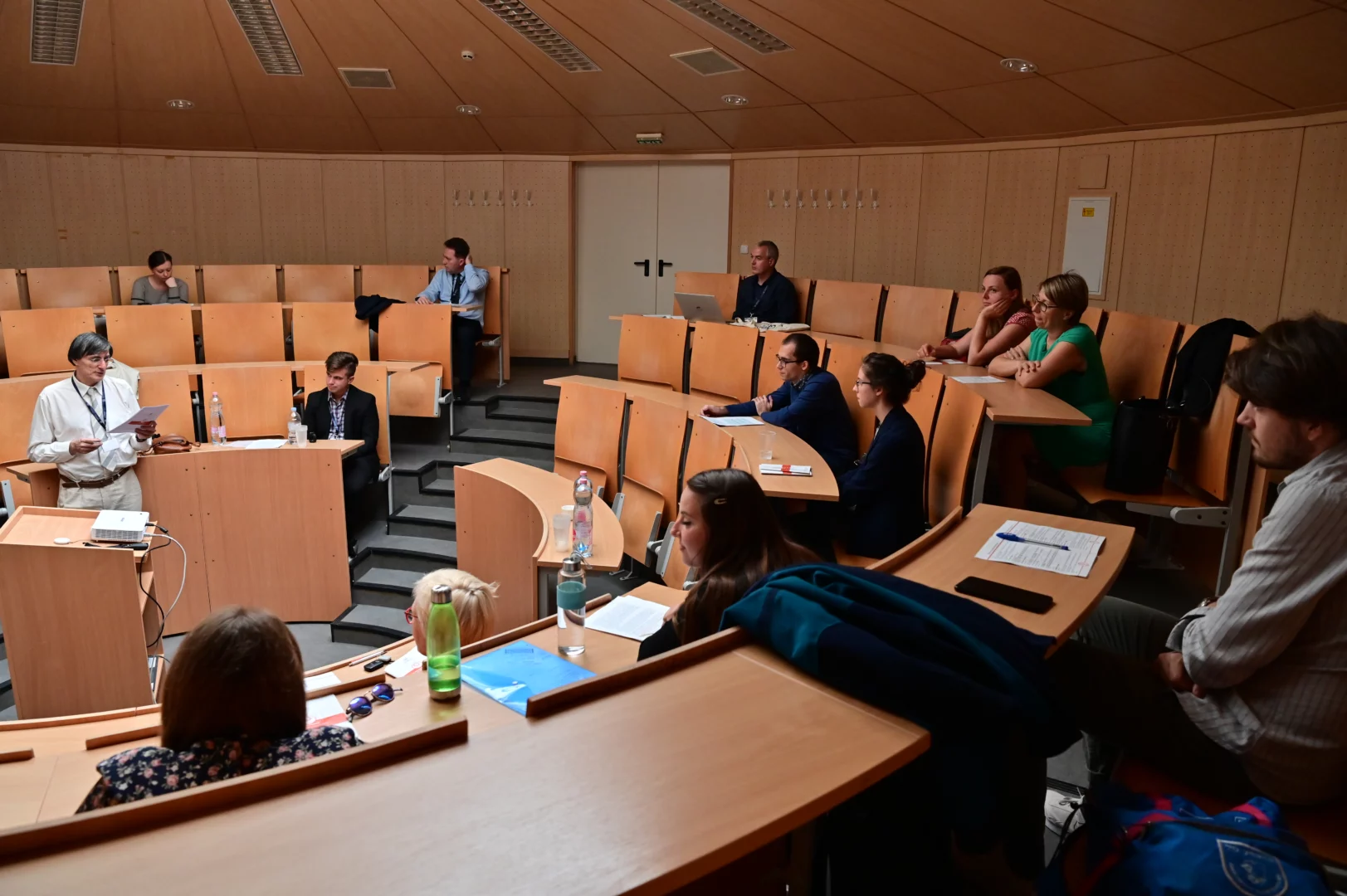Our master’s degree students can be employed in various fields where they need to creatively and proactively solve professional tasks, especially in building and maintaining international relations. With a diploma in international relations, graduates can effectively use their theoretical, practical and foreign language knowledge to adapt to the political, economic and ecological challenges of the ever changing, 21st century global world.
The three specializations will equip the students to understand and analyse the political, economic, and cultural environment of Central Asian regions (including learning Chinese at our university’s Confucius Institute), to understand Central Europe, with special regard to the ethnic and national minorities of the region (particularly Hungarians across the border); and address the consequences of climate change, sustainability and the concept of “deep adaptation”.


